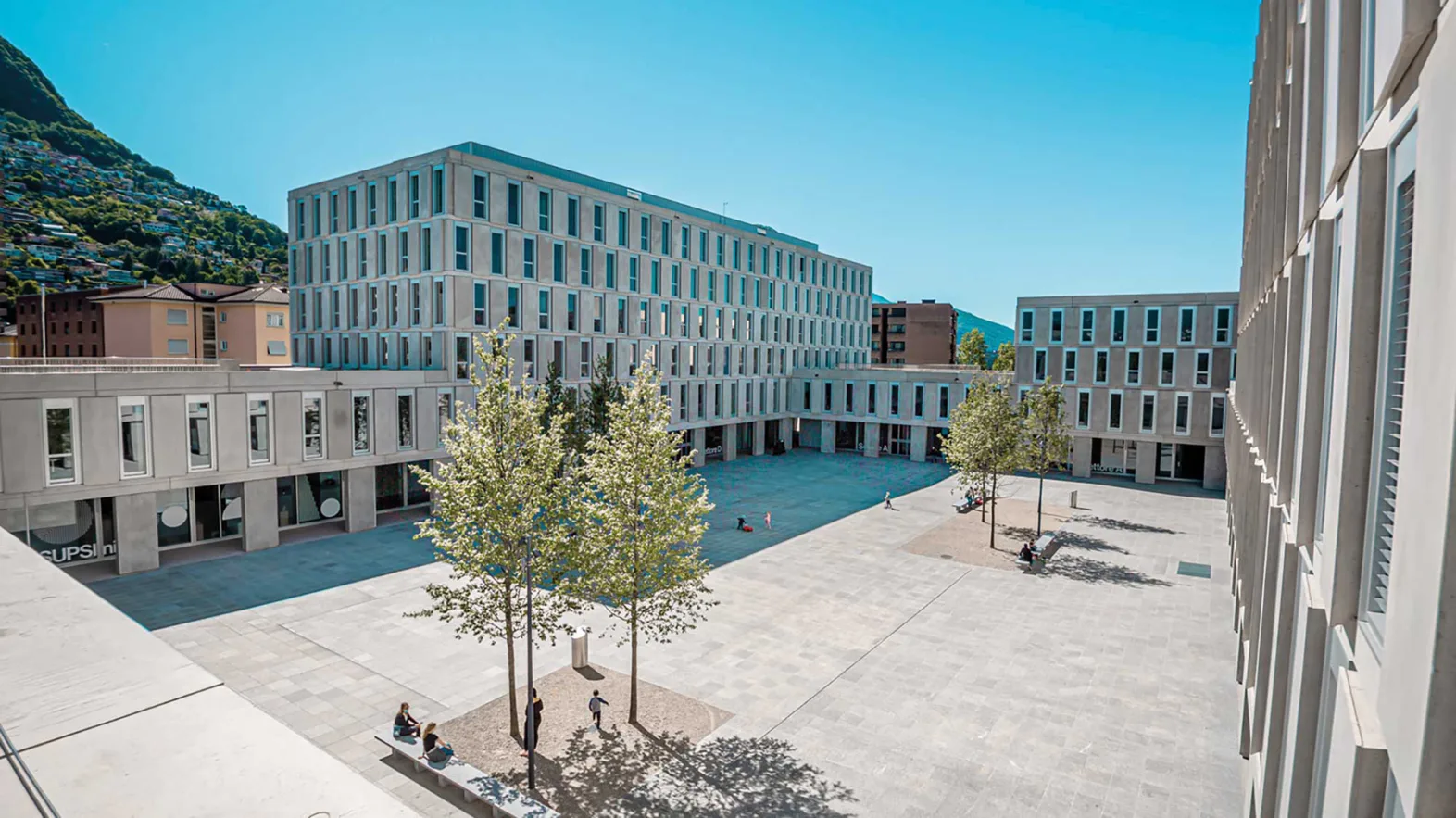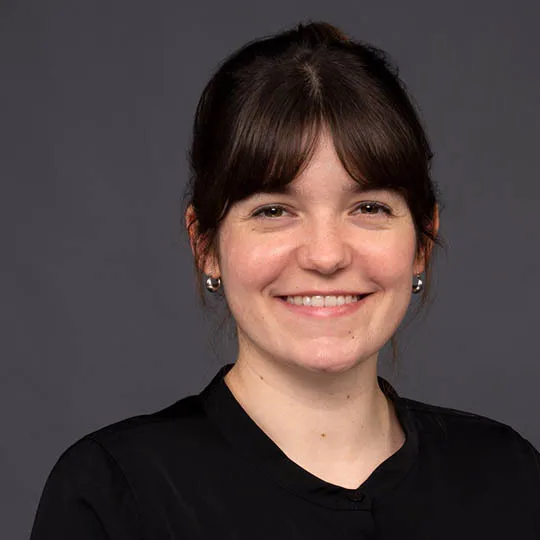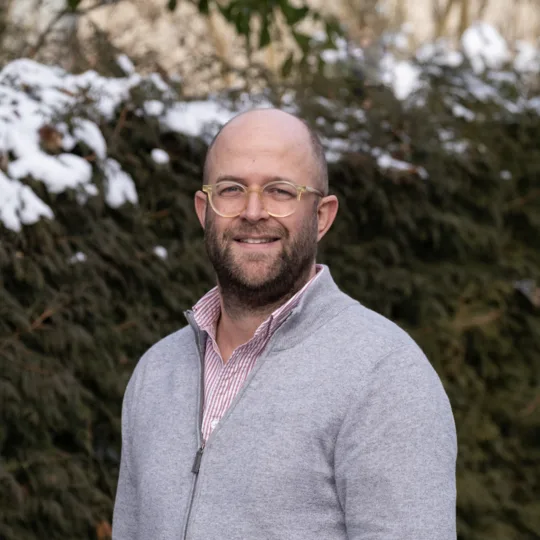Accreditation of higher education institutions in Switzerland
Since 2015, all higher education institutions in Switzerland must obtain accreditation in order to call themselves a ‘university’, ‘university of applied sciences’ or ‘university of teacher education’. The first cycle of institutional accreditation was completed at the end of 2022. It is now possible to take stock of the situation.

The Higher Education Act (HEdA) came into effect on 1 January 2015. It establishes the legal basis for national coordination of higher education policy in Switzerland and lays the foundation for quality assurance, accreditation and funding. Henceforth, any institutions wishing to use the reserved designations ‘university’, ‘university of applied sciences’, ‘university of teacher education’ or derived titles such as ‘university college’ or ‘UAS college’ must obtain institutional accreditation. Institutional accreditation is also a prerequisite for federal subsidies under HEdA.
Competent bodies
The Agency of Accreditation and Quality Assurance (AAQ) is responsible for the accreditation procedure. It is independent and uses internationally recognised methods. Its evaluations focus on the quality assurance systems at higher education institutions, which are assessed by external experts. The Swiss Accreditation Council (SAR) makes the final decision and accreditation remains valid for a period of seven years. In addition to the national agency AAQ, the SAR may also recognise other Swiss or foreign agencies provided they satisfy HEdA requirements. In Switzerland, five other agencies are authorised to carry out accreditation procedures, including some from Germany and Austria: ACQUIN, AHPGS, AQ Austria, evalag and FIBAA.
Not all higher education institutions have been accredited
Private higher education institutions that do not wish to use the reserved designations under HEdA are not subject to the accreditation obligation. However, all public higher education institutions, i.e. those run by the Confederation and the cantons, must be accredited. Here, it is important that the institutions in question offer research and teaching as a consolidated package, so to speak. If the institution is only active in one of these two areas, institutional accreditation will not be granted. With regard to the use of other designations, higher education institutions and other institutions within the higher education sector are subject to cantonal legislation. The cantons may also introduce more restrictive regulations, for example, requiring accreditation in order to make use of other designations.
Traditional universities
- Ecole polytechnique fédérale de Lausanne
- Eidgenössische Technische Hochschule Zürich
- University of Basel
- University of Bern
- University of Fribourg
- University of Genève
- University of Lausanne
- University of Luzern
- University of Neuchâtel
- University of St. Gallen
- Università della Svizzera italiana
- University of Zürich
Universities of applied sciences
- Berner Fachhochschule BFH
- Fachhochschule Graubünden FHGR
- Fachhochschule Nordwestschweiz FHNW
- HES-SO Haute école spécialisée de Suisse occidentale
- Hochschule Luzern HSLU
- Kalaidos Fachhochschule
- OST – Ostschweizer Fachhochschule
- Scuola universitaria professionale della Svizzera italiana SUPSI
- Zürcher Hochschule der Künste ZHdK
- Zürcher Hochschule für angewandte Wissenschaften ZHAW
Universities of teacher education
- Swiss Federal Institute for Vocational Education and Training SFUVET
- Haute école pédagogique des cantons de Berne, du Jura et de Neuchâtel
- Haute école pédagogique Vaud
- Pädagogische Hochschule Wallis
- Pädagogische Hochschule Freiburg
- Interkantonale Hochschule für Heilpädagogik Zürich
- Pädagogische Hochschule Graubünden
- Pädagogische Hochschule Bern
- Pädagogische Hochschule Luzern
- Pädagogische Hochschule Nordwestschweiz
- Pädagogische Hochschule St. Gallen
- Pädagogische Hochschule Schaffhausen
- Pädagogische Hochschule Schwyz
- Pädagogische Hochschule Thurgau
- Pädagogische Hochschule Zürich
- Pädagogische Hochschule Zug
- Pädagogisches Hochschulinstitut IVP NMS Bern
- Schweizer Hochschule für Logopädie Rorschach
- SUPSI - Dipartimento formazione e apprendimento
Other institutions within the higher education sector
- Swiss Federal Institute of Sport Magglingen SFISM (UAS college)
- Franklin University Switzerland (university college)
- Hochschule für Wirtschaft Zürich HWZ (UAS college)
- Hochschulinstitut Schaffhausen HSSH (university college)
- International Institute for Management Development IMD (university college)
- Institut de hautes études internationales et du développement IHEID, Genève (university college)
- Schweizerisches universitäres Institut für traditionelle chinesische Medizin SWISS TCM Academy (university college)
- Stiftung Universitäre Fernstudien Schweiz, Brig (university college)
- Swiss Business School SBS (UAS college)
- Swiss UMEF (UAS college)
- Theologische Hochschule Chur (university college)
- Universitäre Theologische Hochschule STH Basel (university college)
Situation at end of 2022
By the end of 2022 public and private higher education institutions that existed under the previous legislative framework had obtained institutional accreditation. They therefore retained their right to use the designations declared reserved after HEdA came into effect. New institutions were also able to initiate the accreditation procedure provided that they satisfied prerequisites.
By 31 December 2022, a total of 12 traditional universities, 10 universities of applied sciences, 19 universities of teacher education and 12 other institutions within the higher education sector had been accredited.
Institutional accreditation procedure
- Submission of accreditation application
- Decision on admissibility of accreditation application
- Planning and commencement of accreditation procedure
- Self-assessment carried out by applicant institution
- External evaluation conducted by independent experts
- Agency renders initial accreditation decision and applicant institution responds
- Swiss Accreditation Council renders final decision
- Publication
- Follow-up to ensure that any identified shortcomings have been rectified
Swiss higher education landscape
The diversity of the Swiss higher education landscape with traditional universities (TU), universities of applied sciences (UAS) and universities of teacher education UTE) evolved over time. To put matters simply, these three types of higher education institution differ in terms of their level of emphasis on academics and research as opposed to preparation for specific professional activities. The corresponding orientation determines the respective admission requirements, the type of research conducted and the typical higher education qualifications awarded upon completion of studies.
Contact
Author



